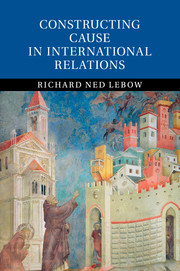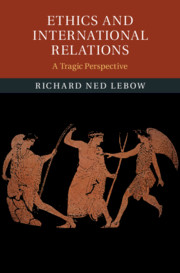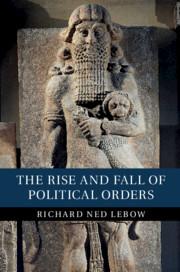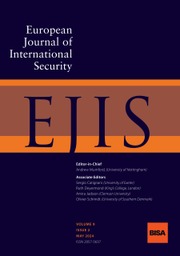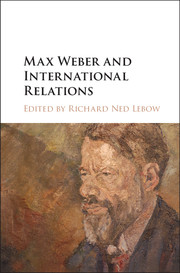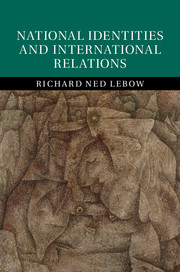Constructing Cause in International Relations
Cause is a problematic concept in social science, as in all fields of knowledge. We organise information in terms of cause and effect to impose order on the world, but this can impede a more sophisticated understanding. In his latest book, Richard Ned Lebow reviews understandings of cause in physics and philosophy and concludes that no formulation is logically defensible and universal in its coverage. This is because cause is not a feature of the world but a cognitive shorthand we use to make sense of it. In practice, causal inference is always rhetorical and must accordingly be judged on grounds of practicality. Lebow offers a new approach - 'inefficient causation' - that is constructivist in its emphasis on the reasons people have for acting as they do, but turns to other approaches to understand the aggregation of their behaviour. This novel approach builds on general understandings and idiosyncratic features of context.
- Proposes a new view of causation applicable to international relations which will appeal to anyone dissatisfied with positivistic approaches to causation or attempts to finesse cause altogether by rationalists
- Critiques existing approaches to cause and the concept of cause, providing an overview of debates about cause in physics and philosophy
- Provides criteria for assessing approaches to cause in general and in international relations to encourage more sophisticated epistemological assessment and reflections about the use and misuse of cause in IR
Awards
Honourable Mention, 2016 Charles Taylor Book Award, Interpretive Methodologies and Methods Conference Group, American Political Science Association
Reviews & endorsements
"Ned Lebow's new volume is a truly innovative, horizon-expanding and eye-opening work on "causation" that draws political inferences from the history of visual art. The originality of the approach will stimulate new thinking about world politics, and the straightforward prose style and rigorous method of argument will raise the level of discourse in IR and meta-theory debates."
Fred Chernoff, Harvey Picker Professor of International Relations, Colgate University
"In Constructing Cause in International Relations, Richard Ned Lebow deepens his inquiry into contingency and determinism of his earlier work on counterfactuals. His approach allows for contingent and contextualized generalisations, even forecasts, and yet steers clear of visions which simply qualify determinism as probability without really touching the underlying problems of either Humean or efficient causality. Written in a lucid and jargon-free manner, Lebow’s book is not to be missed by anyone interested in causal mechanisms and interpretivist process-tracing, in fact by anyone who looks for a more solid methodological underpinning of qualitative analysis in general."
Stefano Guzzini, Danish Institute for International Studies and Uppsala University
Product details
July 2015Paperback
9781107672888
208 pages
229 × 152 × 11 mm
0.29kg
4 b/w illus.
Available
Table of Contents
- Introduction
- 1. The quest for cause
- 2. Inefficient causation I
- 3. Inefficient causation II
- 4. The European reconceptualisation of space
- 5. Cause and knowledge.

